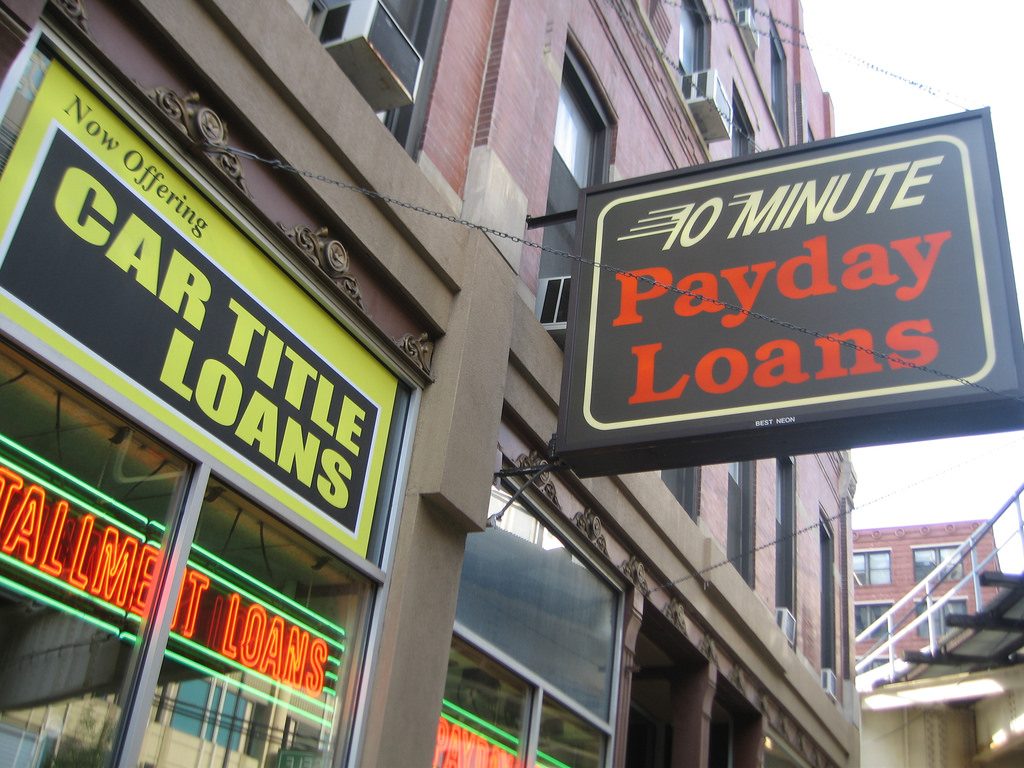It’s been a busy couple of weeks at 3P and so I have not had a chance yet to write on AOC’s poverty agenda (NY Times, NPR). The plan consists of six bills that are fine as far as things go, but would not reduce poverty that much.
The first bill calls for the creation of a new poverty measure that accounts “for geographic cost variation, costs related to health insurance, work expenses for the family, child care needs, and new necessities, like internet access.” The Census already has a poverty measure that does this, called the Supplemental Poverty Metric. Depending on where you live, using an SPM-like poverty line as the official poverty line could increase the number of people eligible for welfare benefits and increase the amount of benefits they receive. But this would have only a very modest impact on poverty, mostly caused by higher food stamp outlays.
The second bill establishes a right to legal counsel in eviction proceedings and prevents landlords from increasing rents by more than 3 percent a year. As with the first bill, depending on where you live, this could help cut poverty a bit relative to the counterfactual, but of course insofar as poor people are already poor at the current rents, capping the growth in the rents doesn’t really make them less poor than they are now.
The third and fourth bills ensure that formerly incarcerated people and undocumented immigrants are eligible for welfare programs. Again this will help some, but obviously most poor people do not fall into these categories and most poor people that do fall into these categories will remain poor even after becoming eligible for welfare benefits. Separately from the question of poverty, it is obviously a little odd to extend welfare benefits to undocumented immigrants rather than just make them citizens. The latter is probably even less difficult politically speaking. But perhaps you push on all fronts on that one.
The fifth bill would create a “worker-friendly score” for federal contractors and ensure those who do well on the score get preference in federal procurement. Once again, we are talking about a very marginal change here. There aren’t that many workers employed through federal procurement and even fewer of those workers are living in poverty. And of course, if the plan works as intended, the firms employing those workers will just stop getting federal contracts, which doesn’t seem to necessarily help them. As with the undocumented immigrant bill, one is left wondering why such an indirect approach is used here. Instead of creating working-friendly scores, why not simply establish specific pay and work rules that all federal contractors must follow?
The final bill is a resolution that asks the Senate to ratify the UN Covenant on Economic, Social and Cultural Rights. This would not reduce poverty in and of itself but perhaps would be a good gesture.
What to make of this package depends in significant part on what you imagine its goal to be. If the idea is that these are a set of modest tweaks that could improve things a bit without requiring specific appropriations, then it’s fine as far as that goes. But if the idea is to “eradicate poverty” as some of the messaging around the package suggests, then that is obviously not going to be the result of these bills and dangerously oversells the agenda.
When talking about poverty, policymakers often make the mistake of turning to “anti-poverty programs,” presumably because “anti-poverty” is right there in the name. But in reality the programs that cut poverty the most effectively are not those that “target poverty” but rather those that provide universal benefits to nonworking populations like children, elderly people, disabled people, students, caregivers, and the unemployed. This is the genius of the social democratic welfare state and something we should be aiming to emulate in the US.

